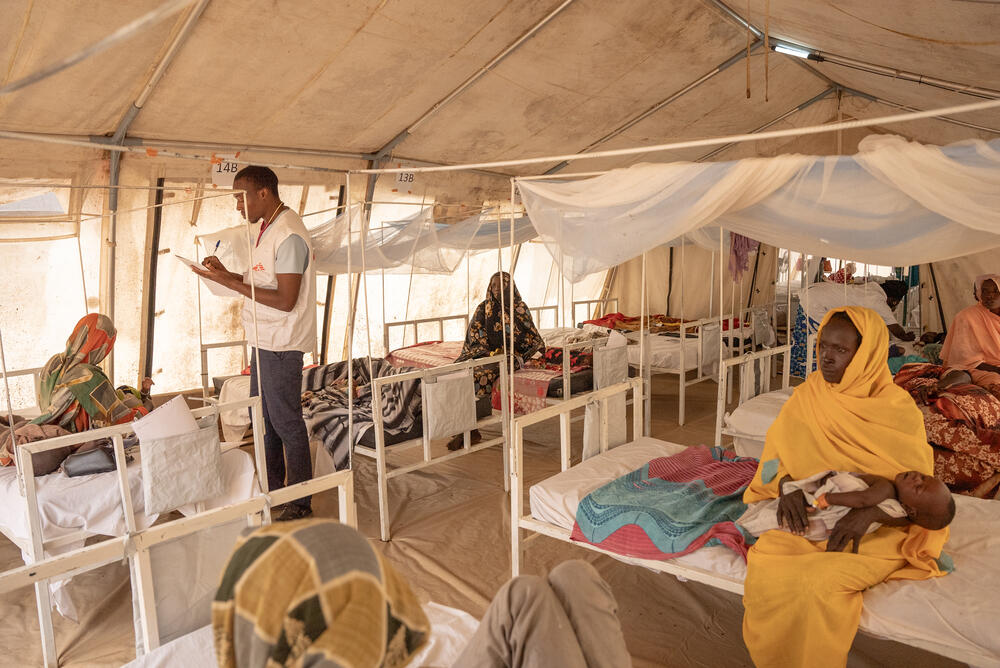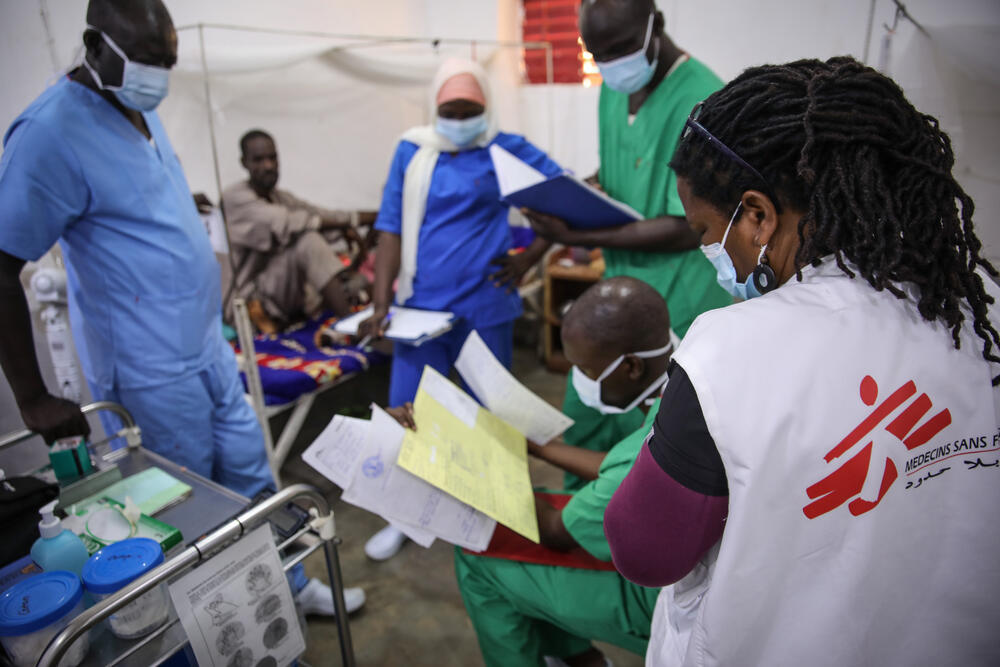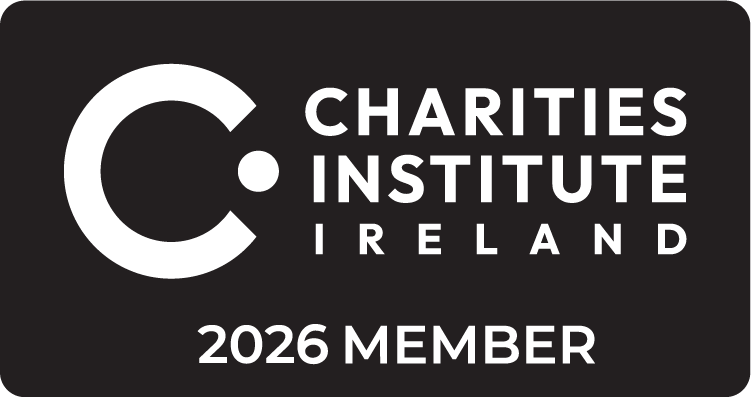CHAD: MSF teams received more than 70 wounded in Adré and are extending activities in response to the conflict in Sudan
2 June 2023
A total of 72 wounded people from Sudan have been treated at the hospital in Adré, eastern Chad, by Médecins Sans Frontières in partnership with the local health authorities. This is as a result of violence and fighting that has raged in Darfur and other regions of Sudan for more than six weeks and has led to almost a hundred thousand people fleeing to Chad since April 15.
"The wounded first arrived in dribs and drabs from mid-May onwards, then around fifty have poured in over the last few days," explains Christophe Garnier, MSF’s emergency coordinator. "Most of them have sustained bullet wounds in clashes and attacks south of El Geneina in Masterei, a border town with a population of around 80,000, including many displaced persons from surrounding villages.”
The wounded reach the Chadian town of Goungour, around ten kilometres from Masterei, from where they are then referred by Ministry of Health and MSF teams to the hospital in Adré. The youngest patient received was three years old. Many of those in a critical condition are said to have been left behind, unable to travel to Chad or to access medical care in West Darfur, including in the capital El Geneina where the violence is particularly intense.
"Refugees from West Darfur are reporting very disturbing scenes of violence, with armed men shooting at people trying to flee on foot, villages being looted and the wounded dying. The hospitals on the ground are short of staff, equipment and electricity which is affecting their ability to function, if they have not already been put out of action by the destruction and looting", warns Christophe Garnier.
"The hospitals on the ground are short of staff, equipment and electricity which is affecting their ability to function."
Working in Adré since 2021, MSF teams are working alongside the Chadian health authorities to meet the increased needs of the Sudanese refugees and the host population. In the health centres in Adré, Hilouta and Mahamata, supported by MSF, they have seen an increase of around 40% in paediatric consultations in the last week, partly linked to the arrival of new refugees in the area. The teams are also travelling to sites where refugees are gathered, such as Goungour, to offer medical consultations and are carrying out vaccination campaigns to protect children against measles. More than 30,000 children have been vaccinated against measles in Koufroun, Diza, Midjiguilta and Goungour. MSF also provides medical care to refugees and host communities in Sila province.
“With the onset of the rainy season, the already extremely precarious living conditions in the makeshift camps will worsen, and the flooding of rivers will complicate the possibilities of movement and supply," explains Christophe Garnier. “Even more so as this period is accompanied every year by a very high malaria prevalence and corresponds to the most difficult months in terms of food insecurity and child malnutrition in the region".
"With the onset of the rainy season, the already extremely precarious living conditions in the makeshift camps will worsen, and the flooding of rivers will complicate the possibilities of movement and supply."
The cessation of trade with El-Geneina, the region's economic powerhouse, is also likely to exacerbate the surge in prices of staple foods in an area that is highly vulnerable to food insecurity. The response to the urgent needs of the people who have recently fled Darfur must also take into account those of the local communities and the 400,000 or so Sudanese refugees who have been living in overcrowded and unsanitary camps for several years in eastern Chad.


